Join our email list
Be the first to know about special offers and new products!
By signing up, you consent to our privacy policy.

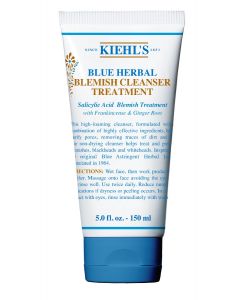
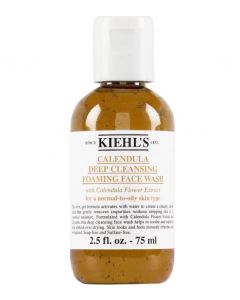
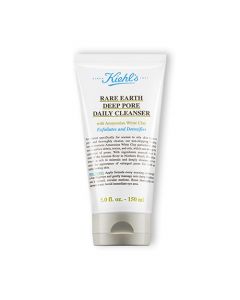
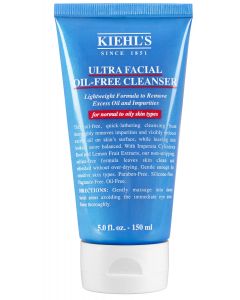
A gentle foaming face wash for oily skin and normal skin.
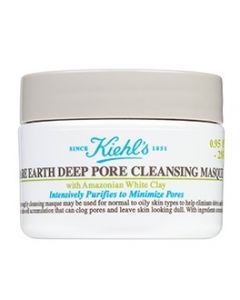
A purifying clay face mask that detoxifies skin and helps minimize pores.
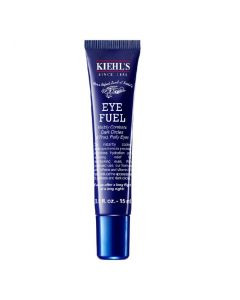
A men’s eye cream with Caffeine and Vitamin B3 that helps reduce dark circles and eye puffiness.
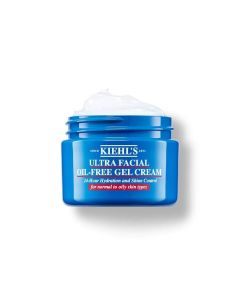
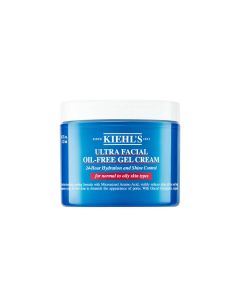
A shine-reducing, cooling oil-free moisturizer gel for oily and normal skin types.

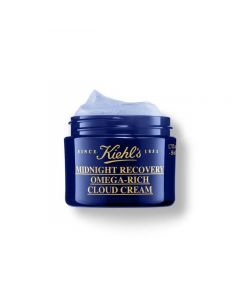
A deeply moisturizing botanical face cream formulated with Omega 3 Oil, Omega 6 Oil, and Fatty Acids that visibly renews the appearance and plumpness of skin while you sleep.
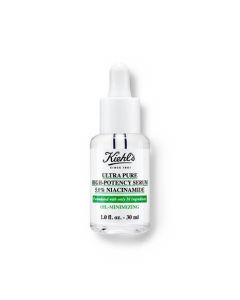
A concentrated 5% Niacinamide serum for oily skin made with only 10 ingredients that visibly reduces excess oil and imperfections. Kiehl's niacinamide serum uses a potent and efficacious formula to minimize the appearance of shine and redness for balanced, healthy-looking skin.
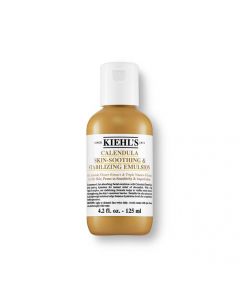
A calming Calendula emulsion that soothes and refreshes skin, while reducing excess oil